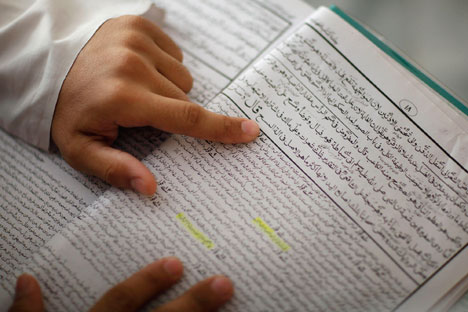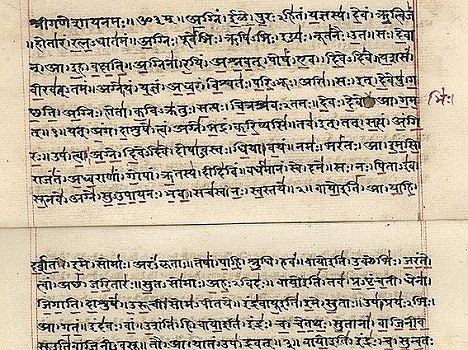For many years, Lyudmila Vasilyeva has been studying, translating and popularizing the literature of the Indian subcontinent, including the most popular genre of Urdu poetry called the ghazal. According to the author, famous poets of different eras in Russia have addressed themselves to the lyrical genre of ghazal.
In the 19th century, the Russian poet Afanasii Fet translated ghazals by the Persian poet Hafiz from German into Russian. Later, in the 20th century, many Russian poets have created individual works, or entire cycles resembling this type of oriental poetry.
These include Vyacheslav Ivanov, Igor Severyanin, Eduard Bagritsky. For centuries, says the Russian scholar, ghazal has remained a favorite genre for everyone who speaks Urdu or is studying the language. Russians who are interested in the culture of the East in general, and the Indian subcontinent in particular, endeavor to get acquainted with this literary genre and experience the enchanting harmony of sounds in ghazals. For me, the originality, depth, and melody of ghazals appear in their entirety in the works of Wali Muhammad, says Dr. Vasilyeva in an interview with Natalia Benyukh, correspondent of "Sputnik".
Analyzing the history of Urdu ghazal, the Indian scholar Kamil Qureshi, she singles out Mir, Saud and Dard as successors of Wali. They showed to the world the extraordinary virtuosity of the poetic word. Height of thought and depth of feeling amaze and delight modern researchers, listeners and readers of the ghazals of Ghalib, Momin and Zauq.
In recent decades, continues Dr. Lyudmila Vasilyeva, a number of works of Russian Orientalists devoted to ghazals have been published in Russia. These include the study of the classical ghazal in Persian, Natalia Chalisova's translations of the rhetorics of Rašid-ad-Din Watwāt ("The Gardens of Magic in the Subtleties of poetry") and "Compendium on the Rules of Persian Poetry" by Šams al-Din Mohammad b. Qays al-Rāzi. The translation of a hundred ghazals of Hafiz into Russian was a milestone.
This contribution to the study of Urdu poetry came from famous scholars Natalia Prigarina, Natalia Chalisova and Mikhail Rusanov. There are many other works and publications in which my colleagues describe the bright, colorful and mysterious poetic form of ghazals, and to their lyrics, remarks Dr. Vasilyeva.
"I was lucky enough to listen to many classical and modern ghazals in India, Pakistan and many other countries, where there are Urdu-speaking communities. Some of these ghazals were recited by the poets themselves. Ghazals by the Pakistani poet Iftikhar Aref are magnificent. He recites them wonderfully, as well as the famous poet Ahmad Faraz. I listened to many ghazals read by Faiz Ahmad Faiz. Am very fond of the prominent Indian singer of classical ghazals Begum Akhtar, the famous Pakistani singer Mehdi Hassan, the celebrated Iqbal Banu, the incomparable Lata Mangeshkar, and the famous Pakistani singer Tina Sani."
"A few years ago, we created in Moscow the "Friends of Urdu Society." says Dr. Vasilyeva "The aim of this society is to promote poetry in Urdu and to popularize ghazal lyrics. In poetry readings organized by the society, ghazals are read by Moscow Indians, Pakistanis, Russian students of MGIMO, Russian State Humanitarian University and the Institute of Asian and African Studies, MSU. Our immediate plans are to prepare for the Moscow mushaira, an evening devoted to the poetry of Mirza Ghalib, and Urdu ghazal recital evening."

